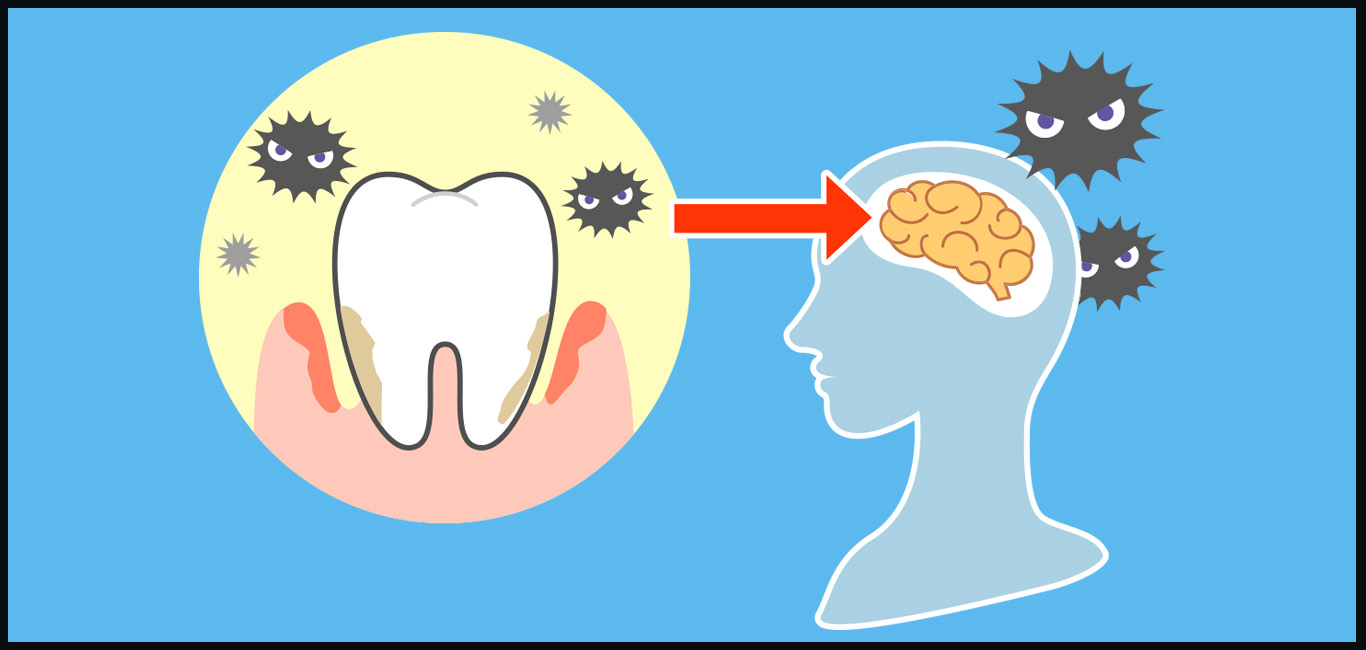
The morning brush and oral healthcare routine have benefits beyond just hygiene, say researchers from the Yale School of Medicine. They found that people genetically predisposed to oral health conditions are at a higher risk of mental health decline.
The analysis based on MRI scans of 40,000 people from the UK Biobank database found that poor oral health can impact deep brain tissue like white matter and cause microscopic structural changes in the brain. White matter is the brain tissue containing the extensions of neurons called axons.
“What has not been clear is whether poor oral health affected brain health, meaning the functional status of a person’s brain, which we are now able to understand better using neuroimaging tools such as magnetic resonance imaging or MRI,” says study author Dr Cyprien Rivier, Yale School of Medicine in New Haven, USA, in a statement.
The study, presented on 2 February 2023, at the American Stroke Association’s International Stroke Conference, screened for 105 genes that make people prone to oral diseases like cavities, gum health, and premature loss of teeth. To analyse the impact of these conditions on brain health, they studied MRI scans of these people and scrutinised for any structural changes in the brain.
They found that people with a genetic predisposition to cavities, missing teeth or needing dentures due to weak gums showed a 24 per cent increase in damage to white matter in the MRI images. This genetic predisposition also causes a 43 per cent change to the brain’s microstructure.
Studies are increasingly establishing the link between the gut microbiome and brain health. In addition, other studies are finding that oral bacteria have a similar influence on the brain and could cause neuroinflammation.
The researchers say that the results of the present study validate the cause-and-effect relations between genes that impact oral health and their effect on brain structure.
“Poor oral health may cause declines in brain health, so we need to be extra careful with our oral hygiene because it has implications far beyond the mouth,” says Dr Rivier. According to the statement, he adds that everyone can improve their oral health with minimal time and financial investment.
“This study is preliminary, and more evidence needs to be gathered – ideally through clinical trials – to confirm improving oral health in the population will lead to brain health benefits,” says Dr Rivier.

















